Soccer – Your One‑Stop Hub for News, Tips, and Gear
Welcome to the soccer tag page. Here you’ll find everything a fan needs, from match recaps and live‑stream details to betting advice and equipment comparisons. Think of it as a quick‑stop shop: you click a headline, get the key points, and can apply the info right away.
What’s Fresh on the Soccer Radar?
We update this section daily. For example, the latest match report covers Coventry City’s 3‑0 win over Birmingham City, with live‑stream links and a short video recap. If you’re chasing a betting edge, the post breaks down the game’s turning points and how they affect odds.
Gear lovers can check out the head‑to‑head between Nike and Adidas soccer balls. The review looks at durability, feel, and which style suits different playing surfaces. It’s not a sales pitch – just a plain comparison so you can pick what feels right for your game.
Ever wondered what soccer shoes are called? One quick guide lists the common terms – “cleats” in the US, “football boots” in the UK, and niche names like “studs” for artificial turf. Knowing the vocabulary helps you read product reviews without confusion.
How to Use This Page for Better Betting and Watching
Start with the match previews. They highlight key players, recent form, and any injury news that could swing the result. Pair that info with our betting strategy posts – we explain why a striker’s recent scoring streak often means higher odds for the over‑2.5 goal market.
If you’re looking at leagues, we rank the top five: Premier League, La Liga, Serie A, Bundesliga, and Ligue 1. Each league summary points out the biggest teams, typical betting angles, and where you can find live streams.
Got a kid interested in sports? Our quick read on whether soccer cleats work for softball tells you why the right shoe matters and how to avoid injuries.
All posts are written in plain language, no jargon. Scan the first paragraph, decide if it’s useful, and move on. That’s the whole idea – keep you informed without a lot of reading.
Bookmark this tag page and check back often. New match analyses, gear reviews, and betting tips land here as soon as they’re ready. The more you use it, the sharper your soccer knowledge becomes, and the better your chances of turning a tip into a win.
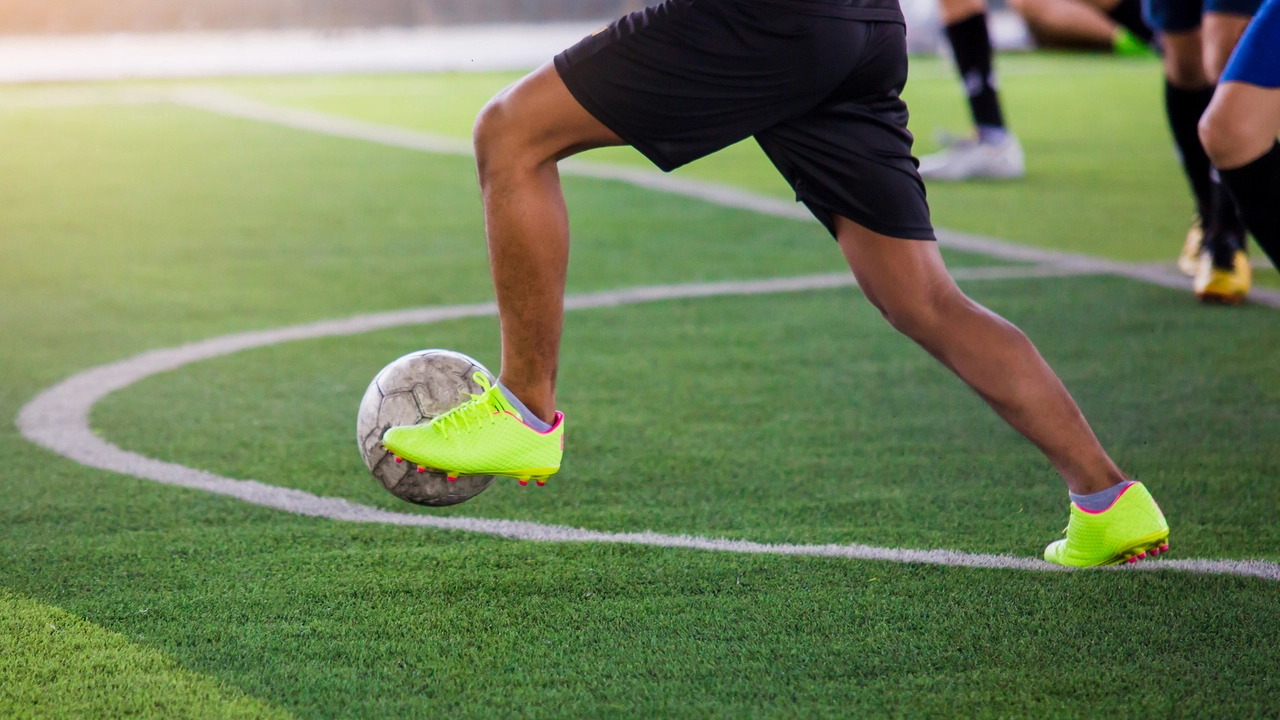
- Aug 3, 2023
- Blaise Kendall
- 0 Comments
How to score from the long range in soccer?
So, you fancy yourself a long-range football wizard, eh? Well, strap on your cleats and let's dive into the nitty-gritty of scoring from the long range in soccer. First, it's all about mastering the power-to-precision ratio; it's like making the perfect spaghetti, too much sauce and it's a mess! Second, focus on the ball's sweet spot - it's like finding the last piece of chocolate in the box. And finally, practice! Remember, even Beckham didn't score that halfway line goal on his first try. So, keep kicking, buddies!

- Aug 2, 2023
- Blaise Kendall
- 0 Comments
Why don't most women like soccer?
Well, sports fans, it seems the age-old question of why most women don't enjoy soccer as much as us gents do is one that's had us scratching our heads for years. But hey, who said deciphering the female psyche was a walk in the park? We've heard theories from lack of childhood exposure to simply preferring other sports. However, the reality is there's just as many women out there who love the beautiful game as there are those who'd rather watch paint dry! So, let's not get our soccer shorts in a twist and remember, everyone's taste in sports is as unique as Ronaldo's goal celebrations.

- Jul 25, 2023
- Blaise Kendall
- 0 Comments
Is it easier to play soccer or to play football?
In the debate between the ease of playing soccer versus football, there's no clear cut answer as it largely depends on personal ability and preference. Both sports require different skill sets with soccer focusing on endurance and footwork, while football requires strength and strategic thinking. Soccer might seem easier due to fewer rules and equipment, but mastering ball control with your feet can be challenging. On the other hand, football with its complex strategies can be tough to grasp, but you get to use your hands. So, both sports have their own challenges and it largely boils down to individual capability and interest.
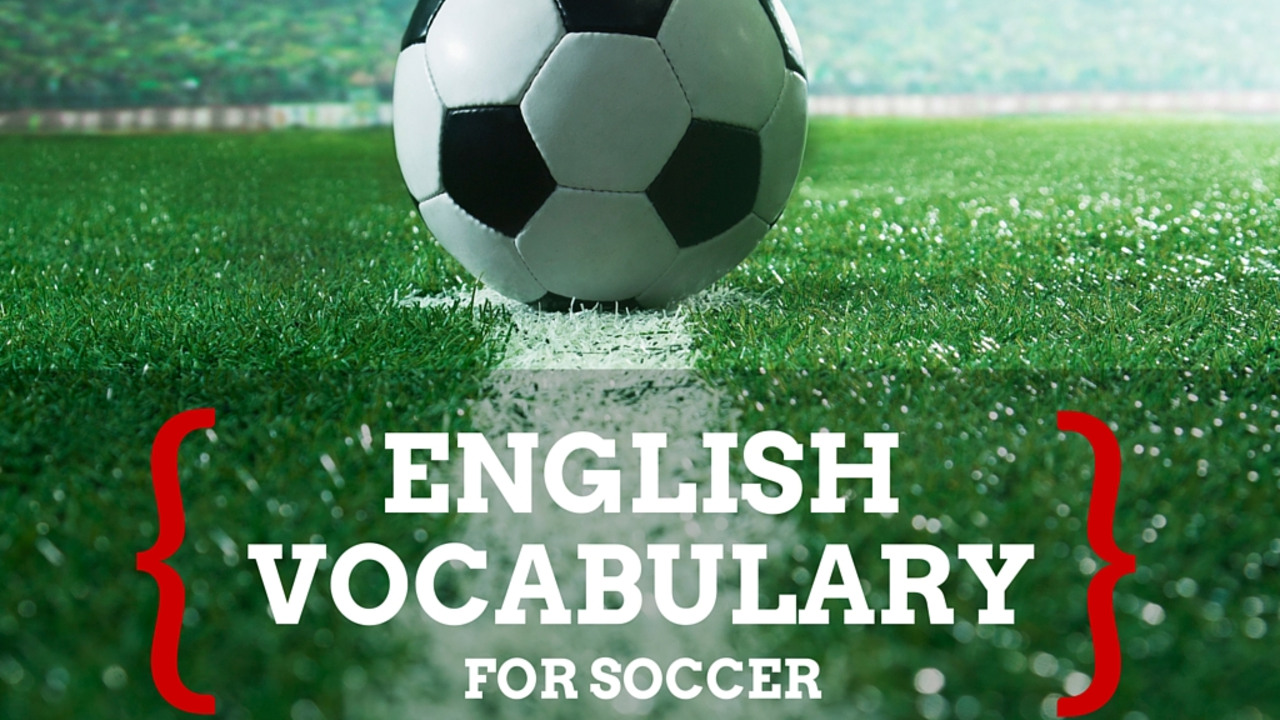
- Jul 11, 2023
- Blaise Kendall
- 0 Comments
Is the U.S. the only country to use the term Soccer for the sport?
While many believe that only the US refers to the sport as 'soccer', that's not entirely accurate. In fact, several other countries like Canada, Australia, and even parts of Ireland and South Africa also use the term. The name 'soccer' actually originated from Britain as a short form for 'Association Football'. However, most of the world, including Britain, now predominantly uses 'football' instead. So, while the US may be the most prominent, it isn't the lone country to call the sport 'soccer'.
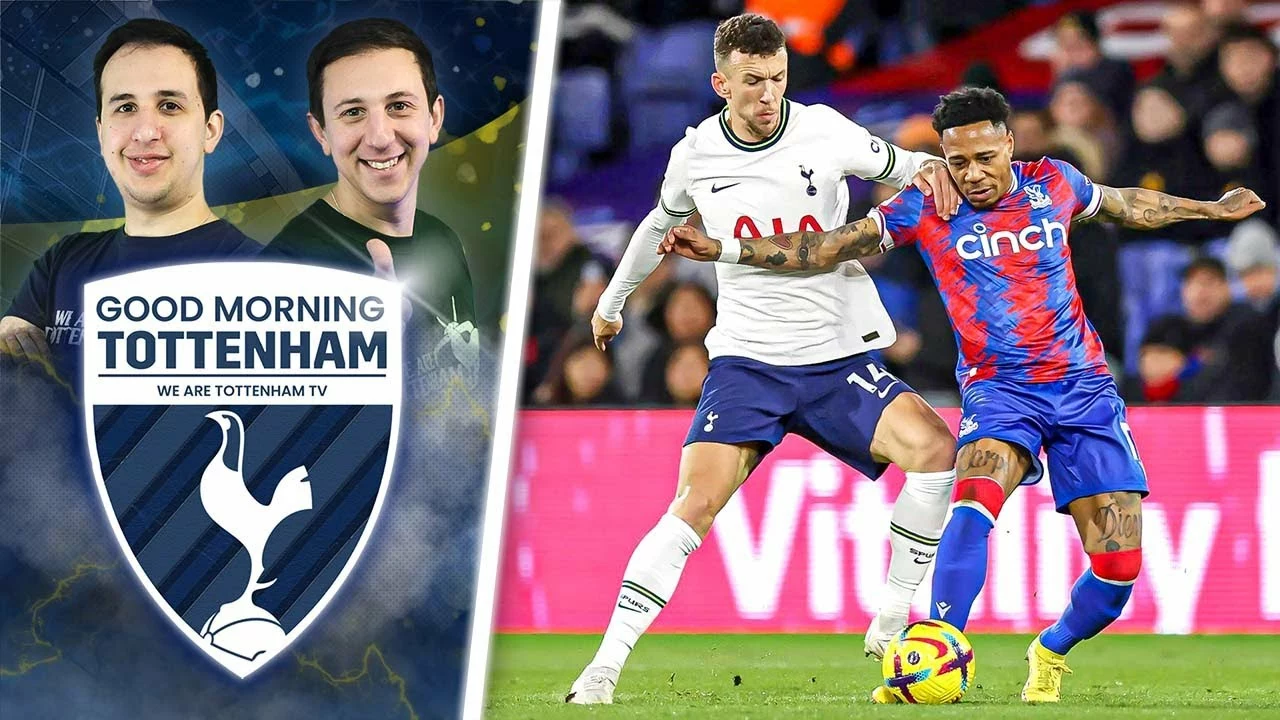
- May 6, 2023
- Blaise Kendall
- 0 Comments
Which country has the best football league?
In my latest blog post, I delved into the ever-popular debate about which country truly has the best football league. After comparing factors such as competitiveness, talent, and fan engagement, I concluded that it's nearly impossible to choose just one league as the outright best. However, I did narrow it down to a few top contenders, including the English Premier League, Spain's La Liga, and Germany's Bundesliga. Each league offers its own unique blend of exciting matches, passionate fans, and world-class players. Ultimately, it seems that the best football league may simply come down to personal preference and the aspects of the game that each individual values most.
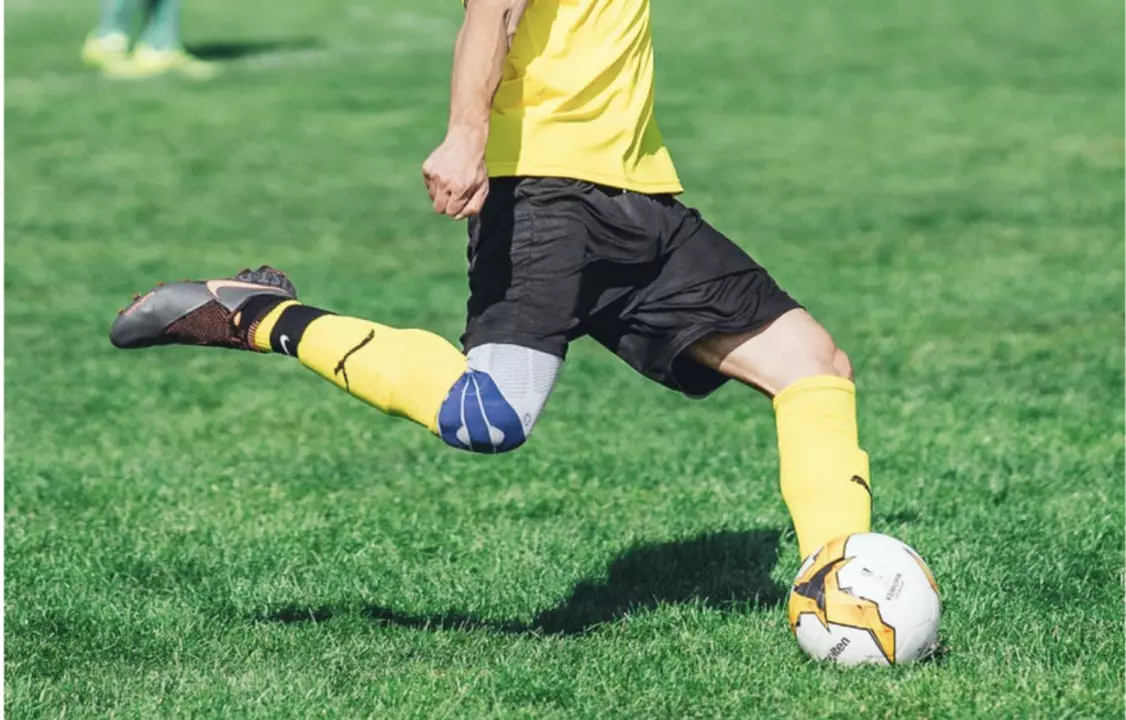
- Apr 4, 2023
- Blaise Kendall
- 0 Comments
From which part of the foot should we shoot a soccer ball?
Shooting a soccer ball correctly is key to success in the sport. The most important part of the foot to use for shooting is the laces, located on the top of the foot. This area gives the player the most control over the ball, allowing them to place it exactly where they want with greater accuracy. For long-range shots, the instep can be used to deliver more power and accuracy. The outside of the foot can also be used to put some curve on the ball. By understanding which part of the foot to use for each shot, players can greatly improve their accuracy and control.

- Mar 7, 2023
- Blaise Kendall
- 0 Comments
How good are bad professional football (soccer) players?
This article discusses the impact of bad professional football (soccer) players on their team's performance. It looks at how teams can benefit from having players with poor physical and technical abilities. It also examines the role of bad professional football players in the development of young players and the importance of having a good team mentality. The article concludes that bad professional football players are not all bad, as they can provide an important learning experience for young players and help build team morale.
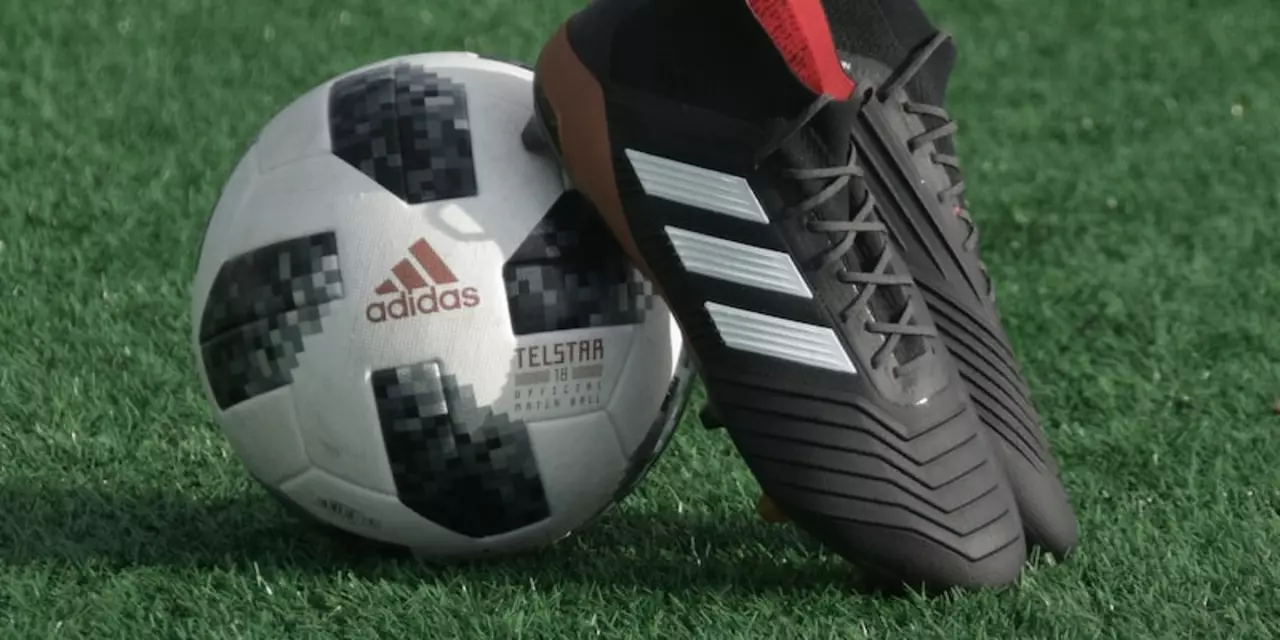
- Feb 7, 2023
- Blaise Kendall
- 0 Comments
What are some misconeptions about soccer and soccer players?
Soccer is a sport loved by many, but there are some misconceptions about soccer and soccer players. Some of these include that all soccer players are good at all other sports, that soccer is not a physical sport, and that soccer is boring or not exciting. In reality, soccer is a very physical sport which requires a great deal of skill and athleticism, and can be incredibly exciting to watch. Soccer players often have to specialize in this one sport to become successful, and cannot necessarily be good at all other sports. Finally, soccer is a sport which requires a great deal of dedication and hard work, and the players must have a great deal of self-discipline to succeed.
